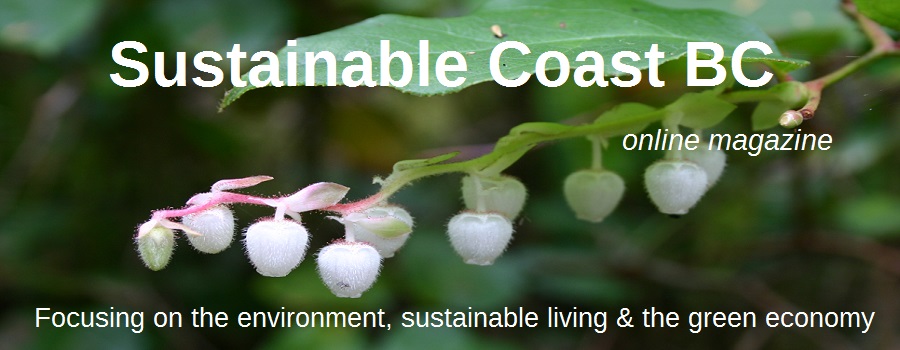Transitioning
- Details
- Category: Uncategorised Uncategorised
- Published: 01 March 2010 01 March 2010
Luscious, mouth-watering, nutritious, that is what food can be. It is the fuel for our bodies. The substance required for a healthy active life. Food is too good to waste; but we do. We discard (throw away) food. We waste food.
With food security and composting becoming focal issues both globally and locally, should we not take some time to address how little value we give food? There is not enough food on earth to waste, yet we discard staggering amounts.
We demand the perfect apple and exotic fruits from across the globe with little thought to the consequences of actions to achieve this or how far away the fruit came from. Pesticide poisoning and green-house emissions are now concerning us more and more. Did you know that 30% of all fruit and vegetables grown are tossed before they hit the supermarkets? We demand standards of quality and appearance or we don’t buy the product.
Today most of us shop for our food instead of growing or raising our own food, so our connection to food begins at the supermarket displays. Our shopping habits can be about attitudes and convenience. Excessive consumption is reflected in the fact that 1/3 of the food we buy is thrown away. For every three bags of food we buy, we throw out one. If we had a garden we’d use our organic food scraps for our backyard composter!
A recent study of food waste in the U.K. by the environmental group, WRAP, found 61% of food waste could have been eaten if consumers better planned and stored their food purchases. The WRAP study also found that 15% of food thrown away hadn’t been opened, and another 5% of discarded food was still within the best before dates marked on the packaging. We buy more food than we can use. We allow it to go bad or we just decide we don’t want it. Curbside organic pick up makes us even lazier!
Is this a problem? Are we taking food and discarding it when it could feed someone else? Is an attitude that there is plenty for everyone correct?
According to HUNGER COUNT 2008, 704,414 people used a Canadian Food Bank in an average month. 1/3 of the people are children.
Do we spend much money on food we throw away? Canadians spend 19.5 billion on food we don’t eat. This does not include the costs of collecting, hauling, processing waste or the costs to the environment of methane and carbon dioxide pumping into the atmosphere.
We buy food grown from the soil, waste it and then pay for it to be turned back into soil. A solution to filling our landfills with organics (food) is composting. Curbside collection means dumping food waste into a separate bin and it is diverted from the landfill to compost facility. Hauling, and processing costs from $114 to $236 a ton for this organic collection. Guelph Ontario recently reported a price tag of 1.8 million for a curbside compost collection pilot project for 50,000 homes. This is significant amounts of money when less than 1/5 of food waste is unavoidable peels and bones. Is the art of backyard composting being taken away from us and replaced with a huge new tax to pick it up?
Perhaps before we pay for solutions that do not solve the problem, we should look at what the problem really is: our over-consumption. If we do not address this, we continue to spend and waste leaving a disaster for future generations.
In the chain of decisions and actions we make as consumers we contribute to world hunger, pollute and are just so stupid.
Should we not begin by reducing the food we throw away? Because regardless if it is landfilled or composted it is a waste! Maybe be responsible for our own discards?
What would happen if we took less and wasted less?
Some of the methods to do this may lead us to a reconnection of the value of food and the earth. Let’s start talking about that?!
________________
1 More photos from Hungry Planet: What the world eats show average weekly food consumption of families around the world.
